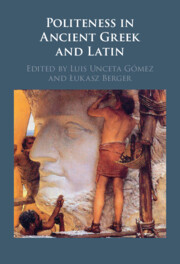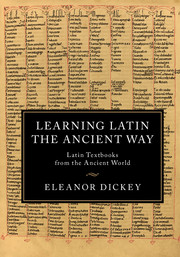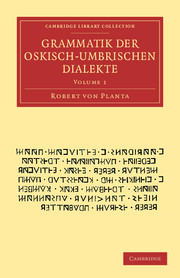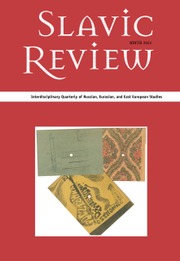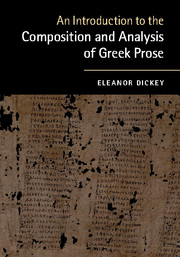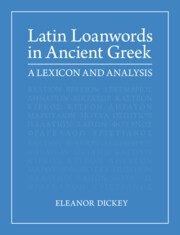
Latin Loanwords in Ancient Greek
A Lexicon and Analysis
£150.00
- Author: Eleanor Dickey, University of Reading
- Date Published: June 2023
- availability: In stock
- format: Hardback
- isbn: 9781108841009
£
150.00
Hardback
Other available formats:
eBook
Looking for an inspection copy?
This title is not currently available on inspection
-
Why, when, and how did speakers of ancient Greek borrow words from Latin? Which words did they borrow? Who used Latin loanwords, and how? Who avoided them, and why? How many words were borrowed, and what kind of word? How long did the loanwords survive? Until now, attempts to answer such questions have been based on incomplete and often misleading evidence, but this study offers the first comprehensive collection of evidence from papyri, inscriptions, and literature from the fifth century BC to the sixth century AD. That collection – included in the book as a lexicon of Latin loanwords – is examined using insights from linguistic work on modern languages to provide new answers that often differ strikingly from earlier ones. The analysis is accessibly presented, and the lexicon offers a firm foundation for future work in this area.
Read more- The first comprehensive study of Latin loanwords in Greek
- Contains a complete lexicon of all Latin loanwords in ancient Greek papyri, inscriptions, and literature
- Uses cutting-edge work in modern linguistics to provide new insights into ancient languages
Reviews & endorsements
'An extraordinary achievement … a resource that will continue to pay dividends for decades to come.' Bryn Mawr Classical Review
See more reviews'A masterly work of extreme richness …' Éric Dieu, Bryn Mawr Classical Review
'… indispensable for anyone interested in or confronted by the subject. … This study will remain definitive for many years.' Leofranc Holford-Strevens, Bryn Mawr Classical Review
'This study, which can be said to be definitive, is a reference work and will be of interest to many specialists. It reinforces the idea that the influence of Latin on Greek now deserves a chapter in its own right in the histories of the Greek language.' Bruno Rochette, Bryn Mawr Classical Review
Customer reviews
Not yet reviewed
Be the first to review
Review was not posted due to profanity
×Product details
- Date Published: June 2023
- format: Hardback
- isbn: 9781108841009
- length: 700 pages
- dimensions: 285 x 224 x 42 mm
- weight: 2.02kg
- availability: In stock
Table of Contents
1. Introduction
2. The parameters of this study
3. Lexicon
4. How were Latin words integrated into Greek? Spelling and inflection
5. How were Latin loanwords accented in Greek?
6. Which Latin suffixes were borrowed into Greek?
7. Why were some Latin words not integrated?
8. When were loanwords used? 9. Where were loanwords used?
10. Which words were borrowed?
11. Overall conclusions and remaining questions
12. Appendices.
Sorry, this resource is locked
Please register or sign in to request access. If you are having problems accessing these resources please email [email protected]
Register Sign in» Proceed
You are now leaving the Cambridge University Press website. Your eBook purchase and download will be completed by our partner www.ebooks.com. Please see the permission section of the www.ebooks.com catalogue page for details of the print & copy limits on our eBooks.
Continue ×Are you sure you want to delete your account?
This cannot be undone.
Thank you for your feedback which will help us improve our service.
If you requested a response, we will make sure to get back to you shortly.
×
